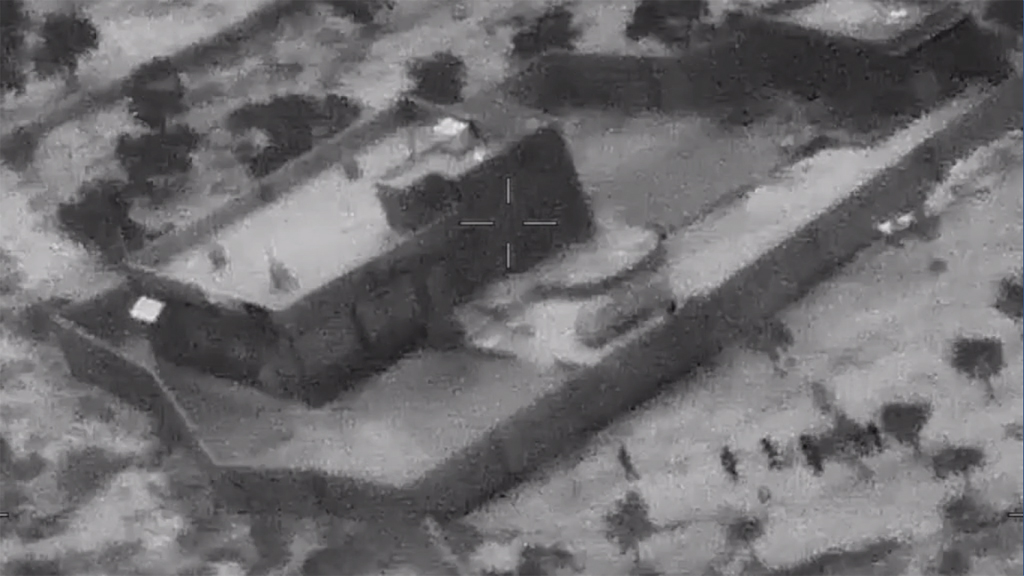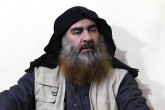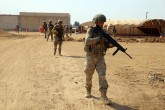Abu Bakr al-Baghdadi, the leader of the terror group Daesh, was killed in a military operation by American special forces around the Idlib area in northwest Syria. U.S. President Donald Trump announced the death of al-Baghdadi and celebrated the American struggle against Daesh with pride. This is a significant turning point in the global battle against Daesh, but this development does not signify a complete victory against the terrorist group. Decapitating the organization may lead to the mutation or transformation of the group.
At some point, Daesh was controlling cities like Mosul, Raqqa, al-Bab and Deir el-Zour in Iraq and Syria and claimed authority in many Muslim countries. Daesh operatives, militants and sleeper cells are still active in scores of countries around the world. Civil war-affected fragile states like Iraq, Syria and Libya are especially vulnerable to Daesh expansion. The recruitment of new militants for Daesh is still going on despite international opposition of the organization.
In this article
- Opinion
- Abu Bakr al-Baghdadi
- CENTCOM
- DAESH
- Daily Sabah
- Donald Trump
- East of the Euphrates
- Fight against DAESH
- Fight Against Terror
- Global Actors | Local Actors
- Idlib
- Iraq
- Kurdistan Workers' Party Terrorist Organization (PKK)
- Lebanon
- Libya
- Libyan Crisis
- Middle East
- NATO
- NATO Ally
- Operation Euphrates Shield
- Opposition
- Peace Corridor
- People's Protection Units (YPG)
- PKK - YPG - SDF - PYD - YPJ - SDG - HBDH - HPG - KCK - PJAK - TAK - YBŞ
- Safe Zone
- Syria
- Syrian Civil War
- Syrian Conflict
- Syrian Crisis
- Syrian Democratic Forces (SDF)
- Syrian National Army (SNA)
- Syrian National Coalition
- Syrian Opposition
- Syrian Refugees
- Terrorism
- Trump Administration
- Trump’s Syria Withdrawal
- Turkish Foreign Policy
- Turkish-American Relations
- Türkiye-US Relations
- Türkiye-US Security Relations
- Türkiye's Foreign Policy
- Türkiye's Operation Peace Spring
- Türkiye’s Operation Olive Branch
- United States (US)
- US President
- US Withdrawal from Syria
- US-PKK/PYD/YPG/SDF Relations
- US-Terror Relations
- Vladimir Putin



